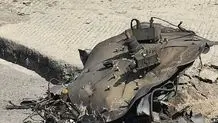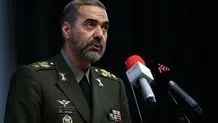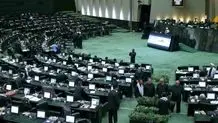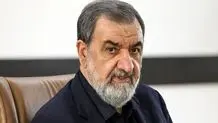Iran deterrence power prevents foes aggression
The Islamic Republic's breakthroughs in defense have equipped the country’s deterrence power so that no enemy could ever encroach upon its territory.
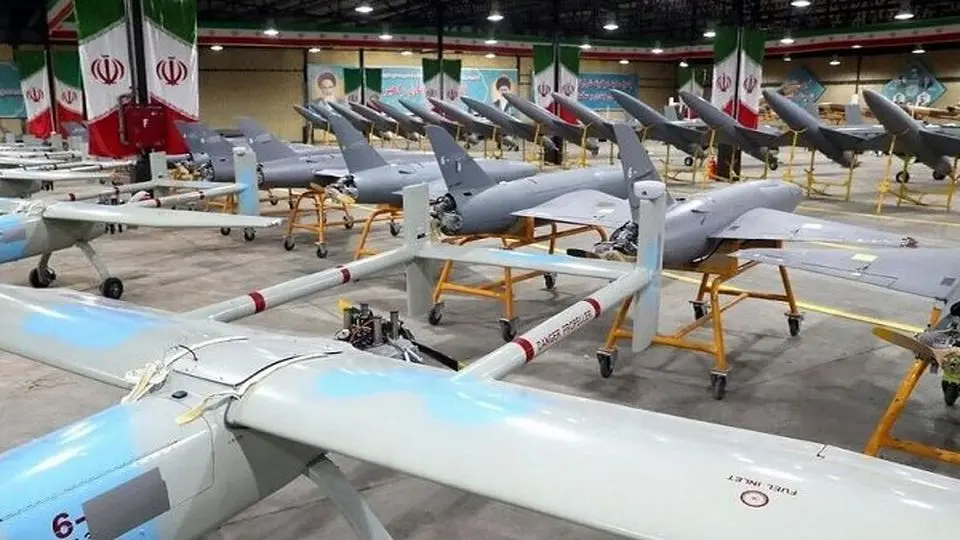
MEHR: The Islamic Republic's breakthroughs in defense have equipped the country’s deterrence power so that no enemy could ever encroach upon its territory.
In 1989, the Ministry of Defense and the Revolution Guards were combined to form a new entity known as the Ministry of Defense and Armed Forces Logistics.
Today marks the National Defense Industry Day in the official calendar of Iran.
Iran’s Ministry of Defense and Armed Forces Logistics (MODAFL), on the occasion, released a statement on Tuesday emphasizing the Ministry's pivotal role in producing defense products and combating the harsh sanctions imposed by adversaries.
The MODAFL termed the country’s defense sector a symbol of national pride and a means of deterrence.
No one can dare invade the Iranian soil, he said adding that the ground forces of the army and the Islamic Revolution Guards Corps not only have no shortage of weapons but can export them.
As part of its defense program, the Islamic Republic of Iran Army unveiled an advanced electronic warfare center in the east part of the country in early August.
A group of high-ranking military officials took part in the inauguration ceremony of the electronic warfare center dubbed “Jangaal” in Farsi.
The term Jangaal is composed of the two Persian words meaning electronic warfare.
Foundation for Defense of Democracies (FDD), an American think tank, has acknowledged that various countries worldwide welcome Iranian-made drones.
The Shahed-136 UAV—also called the Geran-2—has been instrumental in Russia’s ongoing war against Ukraine, with Moscow firing a reported 4,600 drones in the first two years of the conflict. The same drone was also featured in Iran’s April 13 attack against Israel, the FDD said.
It added that far beyond Ukraine and Israel, Iranian drones have been seen in at least two other continents, demonstrating the radius of Iranian arms shaping international conflicts.
In Venezuela, reporting from 2012 reveals Tehran aiding Caracas with local drone production. Fast forward to today, Venezuela’s armed forces utilize the Iranian Mohajer-2, dubbed the ANSU-100, and the newer ANSU-200, which closely resembles Iran’s Shahed-171, it further noted.
According to the FDD, in Ethiopia, Iranian drones played a significant role in the war in the northern Tigray region, with the Ethiopian military deploying Mohajer-6 UAVs.
In a meeting with a group of top military commanders in 2023, the Leader of the Islamic Revolution Ayatollah Seyed Ali Khamenei called on the Iranian Armed Forces to keep enhancing their preparedness in all areas and not cease making progress because the threats of the enemies will never fade away.
Ayatollah Khamenei, the commander-in-chief of the Iranian Armed Forces, stressed that military preparedness will act as deterrence against the enemies, calling for vigilance in the face of the elements masterminding plots.
The high-profile military officials of the Islamic Republic have repeatedly highlighted the country’s self-reliance in manufacturing military equipment, including drones, saying many countries want to purchase Iranian defense products.

